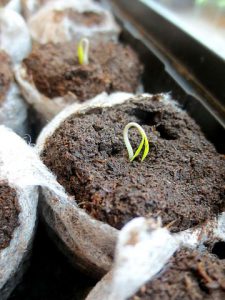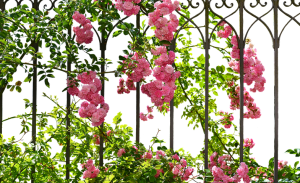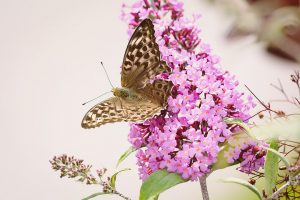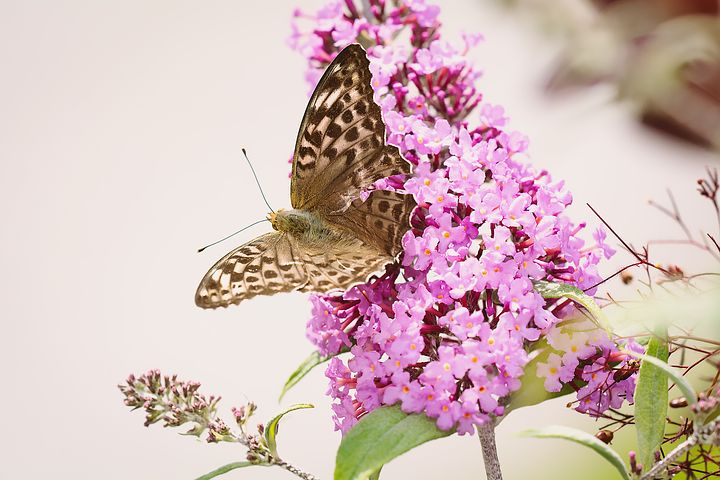Life is precious, right?
How would our world look like if we really knew how precious LIFE is?
We are so much used to take life for granted, only

when a baby is born we get excited about the miracle which coming into life represents; or, maybe, we get excited when we observe seeds sprouting and growing into huge plants. The enormous potential which enfolds in front of our eyes; yes, we might still have a sense of awe and wonder.

Then there is the other side, the end of life, and we don’t want to go there too often. We try to avoid thinking about death and dying and only when we are directly confronted with it do we give it some attention, the minimum possible. For fear of being “pulled down” we neglect our human duties towards people at the end of their lives. We don’t go to visit them, we deny them the comfort of not being alone in this difficult transition time because we do not want to be reminded of our own inevitable end. By not thinking about it we imagine that the “problem” will disappear magically, that somehow we won’t die, anyway…
How we pass our life time
As a consequence we have little chance to become aware to what extent our life is precious. We live it, daily, dealing with all sorts of distractions, often disguised as “important”, we are wondering how the next day will unfold: will it be as hot as today? Will it finally rain and end the severe drought? Will the President finally become a reasonable person? Will the terrorists attack again? Will I be safe? – Never ending questions which keep our thoughts and emotions occupied. We put our attention mainly on what doesn’t work, what should be better – and often we have a naive and sometimes also a can-do idea of how we can create a better world for ourselves.
So most of our time we are occupied – and preoccupied. And most of our time we don’t really LIVE our lives in the sense of being fully present to ourselves and our experience. We try to get out of the “experience” as soon as possible, especially when it is a bad one, and then we have something to tell to others.
By telling our stories we, again, most of the time are not present to ourselves and our precious lives. We bridge the waiting for the horrible hours, days, months or years to end – by finding something which replaces the direct confrontation with LIVING.

I wrote about the many ways of WAITING which seems to be the main occupation of living creatures as soon as they have some sense of time. (Read it here). Then there are some moments when the stream of waiting is interrupted: a sudden smell of roses,

a flashing image of a happy moment in the past, a short and meaningful eye contact with somebody, a musical line filling you with joy, the awkward attempts of a baby or young animal to walk: many snapshots which can wake us up from the dull routine of the passing hours until tonight, tomorrow, next year, some distant day from which we expect salvation.
Becoming more present – but not too much, please!
Yes, we can learn to be more present to ourselves and what our experience is, but it actually is a necessity that for the most part of our days we are acting on autopilot. We couldn’t live otherwise.

Imagine if you needed to pay attention to every movement of your body, to every step while you walk. When you try to do that, just for fun, with intense attention, you end up stumbling over your own feet. It makes a lot of sense that we automate much of our behaviors, otherwise we wouldn’t be able to be attentive to what is going on around us. And even there: we are continuously making choices regarding what we notice and what not, what is important enough to pass through our perceptual filters and what we can ignore – which actually is most of what surrounds us. Not being able to ignore irrelevant things, like not being able to forget, is a curse to humans which makes their lives miserable by the overload of endless input into their sensorial system.
So let’s be grateful that we are not always aware of everything.
This doesn’t mean, though, to push away those things which are important to be included in our awareness. And maybe the biggest one is the recognition of the preciousness of life and the gratitude we need to nurture for being alive, still alive and able to enjoy and to suffer, to give and to receive, to be a full human being.
That’s what inspired me to write this post:

The reason for this post was a brief experience of the past few days. Last Sunday we went on a bike ride. There was a badger lying on the road. I hate when cars run over animals when lying dead on the road. This one was at the side but we wanted to put it into the nearby field and give it the due respect by this mini-ritual of a burial. Coming nearer we realized that it was not dead. It’s breath moved his chest, up and down, it seemed to sleep peacefully. But it was hurt, obviously, and destined to die.
What is the RIGHT thing to do here?
What to do? From an ethical point of view, but also from a practical one? The mind says: the best thing is to end its suffering. But how? Would you be able to roll over it with your car? Yes, I know, at the moment it is fashion among the terrorist to run over people with their trucks. How can they do THAT? And could you do it, even if it is “only” an animal? Well, we didn’t have that choice while traveling on bike. What else? Hitting it with a stick? I once tried to kill a badly injured duck, and I did it so unskilfully that it haunted me for months because of the extra suffering I had created for the animal, despite my intention to help.

We didn’t even dare to lift the badger up to carry it away, to a shady place, to die without being burnt by the hot summer sun. We feared that it could come to life again and we would become the target of its defense. Would you risk the bite of a strong wild animal? Obviously, we decided to let it be there, breathing quietly lying on the shoulder of the road in the hot sun – and I felt a wave of compassion for this creature and the impossibility of helping.

It is not easy, at least for me, to have to tolerate the idea that there is nothing I can do and that I need to let other creatures, whether animals or humans, go through their destiny path, no matter if self-created or not. It is not easy to watch people run into their misfortune which you, from the outside, can see as not inevitable. But how can you tell them, or help them, to change, to come out of it, to embrace life again by transforming their habits and belief systems? I tried it once, desperately, with an ex-husband, until I finally understood that there was nothing I could do to change his life. The only thing I could do was to change my own life which had become quite miserable while I lived within that relationship. I had to let go of the sense of duty, the idea that I am responsible for the other person (a trait which many women cultivate) and that the best thing for both of us was a total separation with no regrets.

Easily said, not so easily done. But fortunately I had many experiences with animals here on my farm, similar to that one with the badger, and so I knew I could do it. I have chosen LIFE over a covert death while still alive. And I have also understood how the fear of our physical death brings us into situations where we do not live our lives, where we are caught in tragedy and distraction which keeps us away from the really important things in life: compassion, love and presence to our experience.

Heidi thanks for sharing such an insightful post. I agree that many times we go through life so worried about so many things related to the future that we find ourselves continually preoccupied. The thing is, we never know when that moment will come that we are no longer able to enjoy our lives.
It is so strange how things in our life happens and it makes us take a step back and realize just how fortunate we are and how precious our life really is. I think each day we should take a moment and be thankful for all we have and believe me we have a lot that many do not have.
Thank you again for sharing such a powerful post.
Thank you, Nathaniel, for your insightful comment to my post. And YES, as you say:”we have a lot that many do not have” and “each day we should take a moment and be thankful for all we have”. So right – and still we so often forget about that.
Your article is very “Thought Provoking” and I like it because it really puts things, especially about Life, into perspectives.
As a former Geriatric Nurse, I can confirm that dealing with sickness and deaths wasn’t always easy, not for the sick person or their loved ones.I always saw me as a bridge between not only the people but also between Life and Death.
I am an open-minded person and don’t fear to talk about it, but, we all want to live a long life and we still have to deal with our passing some day too.
Lots still to reflect upon for me. 🙂
“A bridge between life and death” – how beautifully you have said that! Inadvertently, we are doing that all the time while living every minute of our lives. You have done a great job helping people in that situation – as I have done for a few loved ones, too. I would be happy if we could re-include death in our lives instead of hiding it behind taboos. It is a very important transition, and also a sacred space, as far as I have experienced. We have done some shows about ageing and death and the collective fear to address this most important moment in our lives and to prepare for it was very clear in terms of the number of viewers. But fear is not a good advisor!
At 70 years of age, the older I get the more I realize that death is inevitable. It comes to us all whether we are ready or not. My philosophy is to remember the past, plan for the future and live in the present.
This is a beautiful philosophy, Marion. Thanks for sharing it with us!
Hi Heidi,
I have read this article several times. Not because I didn’t understand, but it’s something that you can learn from!
I believe that we are wasting our time with things that don’t matter to us at all. People became too much orientated to their thoughts.
We need to live for this moment not to try to change this world! We need to turn to each other, to help each other.
So I will enjoy living for today, and destiny will sort the rest out!
Thanks for the great article.
Yes, you are right: we often are trapped in doing things which ultimately don’t matter. It is not easy, though, to really let go and live in the moment and be of help to each other instead. It doesn#t seem to fit in our cultural expectations which push us to work more and more and to reach ever higher goals. – What for?